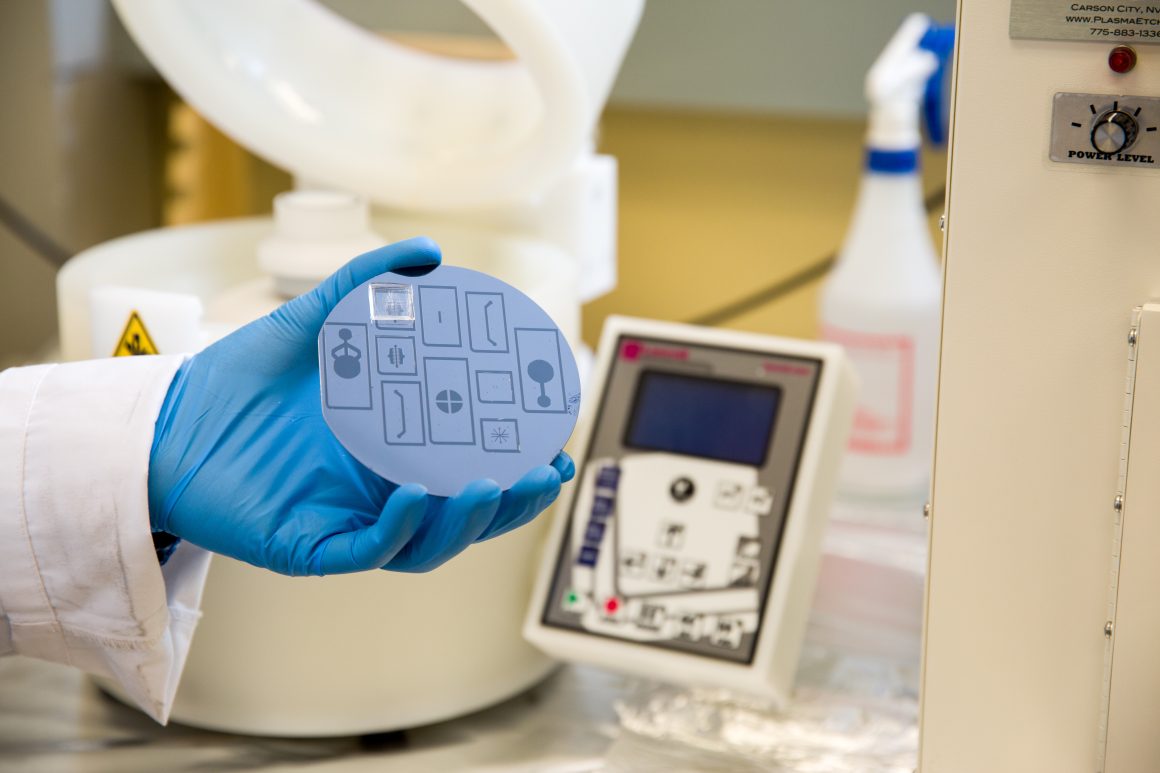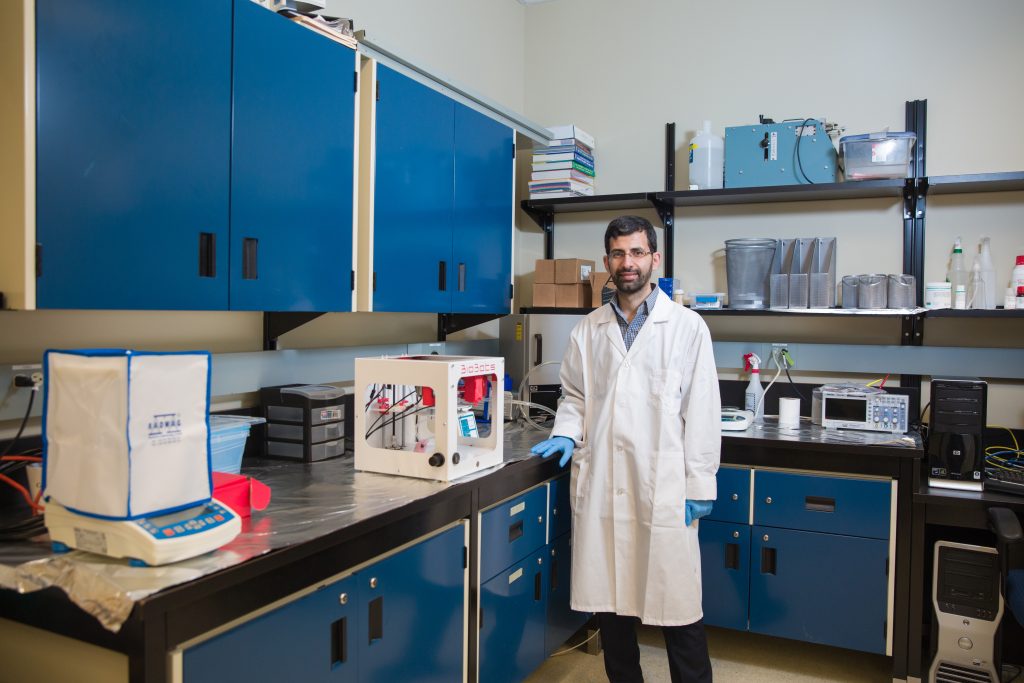
U of C researchers working on novel diagnostic tool for COVID-19
By Mitali Pradhan, April 19 2020—
Researchers at the University of Calgary are looking to reduce in-person contact with individuals suspected to be infected with SARS-CoV-2 while still effectively testing for the virus. The researchers leading this project are Dr. Amir Sanati-Nezhad from the Schulich School of Engineering and Dr. Dongyan Niu from the Faculty of Veterinary Medicine at the University of Calgary.
Their main aim is to develop the CoV-Sense platform to rapidly and early detection of COVID-19 and to inform strategies to mitigate the spread of the virus. The research project centers around the development of ultrasensitive and rapid microfluid biosensors which can be applied for clinical diagnosis and management of COVID-19. For these purposes, researchers have been awarded nearly $800 thousand from the Canadian Institutes of Health Research (CIHR) COVID-19 funding.
“We are developing assays for a rapid test for COVID-19 in collaboration with several researchers, health centers, and medical device companies,” stated Dr. Sanati-Nehzad. “We are expecting to have this test available for COVID-19 in 3–4 months.”
Currently, standard polymerase chain reaction (PCR) and optical immunoassays are used. This novel diagnostic method uses electrochemical sensing methods to detect relevant target genes and antibodies. The chip can carry out the process of sample preparation, molecular extraction and target detection automatically. Due to an expected shortage of supplies, researchers are also exploring options such as self-collection of nasal swabs. Therefore, this test can be completed remotely with a handheld biosensor while transmitting results to health officials rapidly. The patient and health system is notified of the test results using an app and a server. A second confirmatory test will be completed if an individual tests positive. The biosensor will first be tested with an avian coronavirus to investigate its ability to detect the COVID-19 coronavirus.
“The proposed technology can be widely applied and provide cost effective, point-of-care testing for remote communities with limited resources of accessing standard diagnosis tools,” stated Dr. Niu.
Success of this work will allow for the implementation of these nano-biosensors to effectively diagnose COVID-19 early and in a timely manner. This has the potential to expedite analysis of samples resulting in more effective disease management and reduced transmission.
This new diagnostic tool has the potential to provide mass testing of large populations with its rapid yet simple method of testing. This shows promise for fast diagnosis and, consequently, better management of infected individuals to prevent the transmission of the disease.

